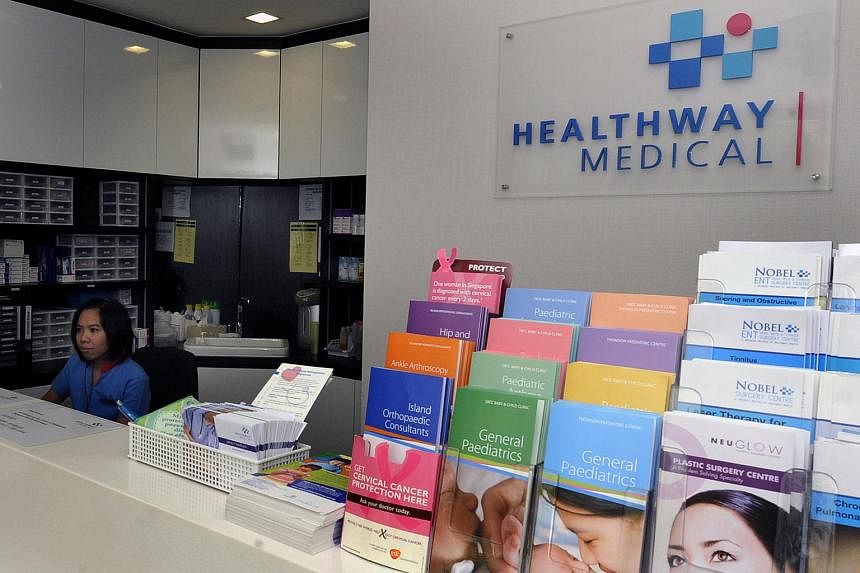When the parents of a 10-year-old girl thought the rash on her arm was just a skin problem, little did they know that it was more than skin deep.
The girl, Leela Tharunya Ruba Kamalakannan, who was treated in March 2011 at a Tampines clinic and then the National Skin Centre (NSC), did not get better.
About four weeks later, on April 28, she collapsed suddenly at home and was rushed to KK Women's and Children's Hospital.
She was found to be bleeding in the brain and died three days later despite undergoing surgery.
Now, the family is suing the NSC, Healthway Medical Corporation and two doctors, alleging negligence and seeking damages.
All the defendants have denied the claims in court papers filed, saying that the procedures in dealing with the girl's case were proper.
At issue is whether a timely blood test would have detected her condition - a fall in blood platelet count - earlier and averted the tragedy.
Her father, Mr S. Kamalakannan, sought three expert medical opinions - two from Australia and one local - to support his case.
The medical condition which the girl had - thrombocytopenia - is not often life-threatening, according to a medical report submitted by the plaintiffs.
In a statement, the NSC said: "The care provided during the consultation was appropriate. She was seen by one of our consultant dermatologists in April 2011.
"NSC is of the firm view that its treatment and care was appropriate and intends to defend the suit."
Tharunya was prescribed a cream for a purplish bruise on her left elbow at a Tampines clinic run by Healthway on March 30 in 2011.
But two weeks later, similar patches appeared on her left shin and there were red spots on her inner cheeks and left eye.
She was referred to the NSC on April 20, according to court documents.
But the NSC has denied that she showed up with red spots or purplish bruises. It said there were only the two patches on her left arm and left calf when she was examined.
Tharunya was cheerful and active, able to answer questions regarding her skin condition and did not appear unwell or lethargic, it added in defence documents filed.
Besides being examined and treated for her skin condition, Tharunya had a biopsy done on her left shin and medicine prescribed for application on her skin.
A follow-up was fixed for May 19 that year to discuss the biopsy results as there was no reason to call her in any earlier, said the NSC in papers filed by its lawyer, Mr Lek Siang Pheng.
There was no clinical justification to order a blood test, it added.
Healthway's lawyer, Mr Charles Lin, in denying the claims, pointed out that Tharunya had an upper respiratory tract infection for which her parents had given her traditional Indian medicine two days before she was admitted to hospital on April 28, 2011.
At issue then was whether she developed the illness that led to her death - acute thrombocytopenia - because of complications after taking the medicine.
The plaintiffs deny this and say the issue was the blood test and that none was ordered for the girl at the NSC, according to court papers filed by lawyer Naresh Mahtani for the girl's father.
Mr Mahtani said last week: "My clients, the parents of the (girl), believe there is a strong public interest to prevent such future situations, which is why they commenced the proceedings.
"In particular, (they argue that there is) the need for blood tests as a routine step in cases where symptoms persist for several weeks, especially for children."
He added: "A blood test would have shown that her condition was not just 'skin deep' - a condition of the skin - but was in fact a symptom of thrombocytopenia.
"Instead of treating it as a skin condition, a blood test would have detected the condition, and the patient's life probably would have been saved via timely transfusion to cure the low platelet count."
In a statement, Healthway said it regrets that the patient's family has brought an action.
"Healthway is deeply saddened by the subsequent developments, but Healthway's position has always been consistent - that the care and treatment rendered to the patient was in accordance with the standards accepted by a reasonable body of medical opinion."
A High Court case management conference is due later this week.

